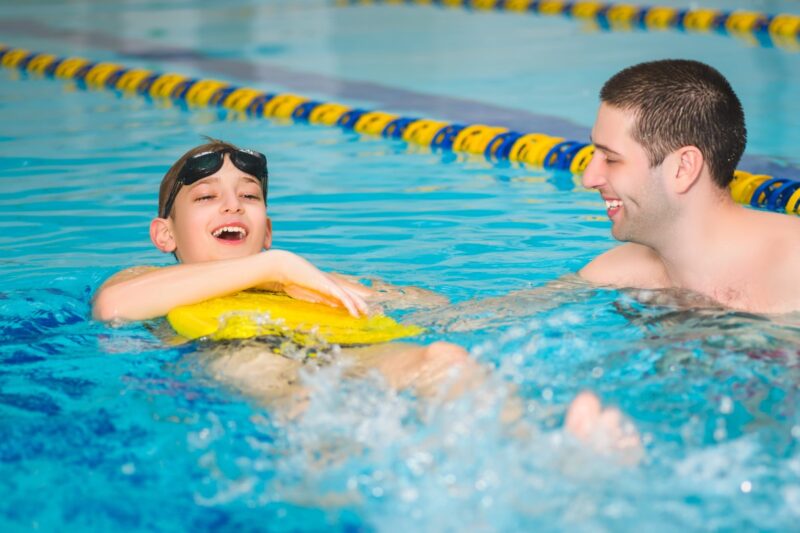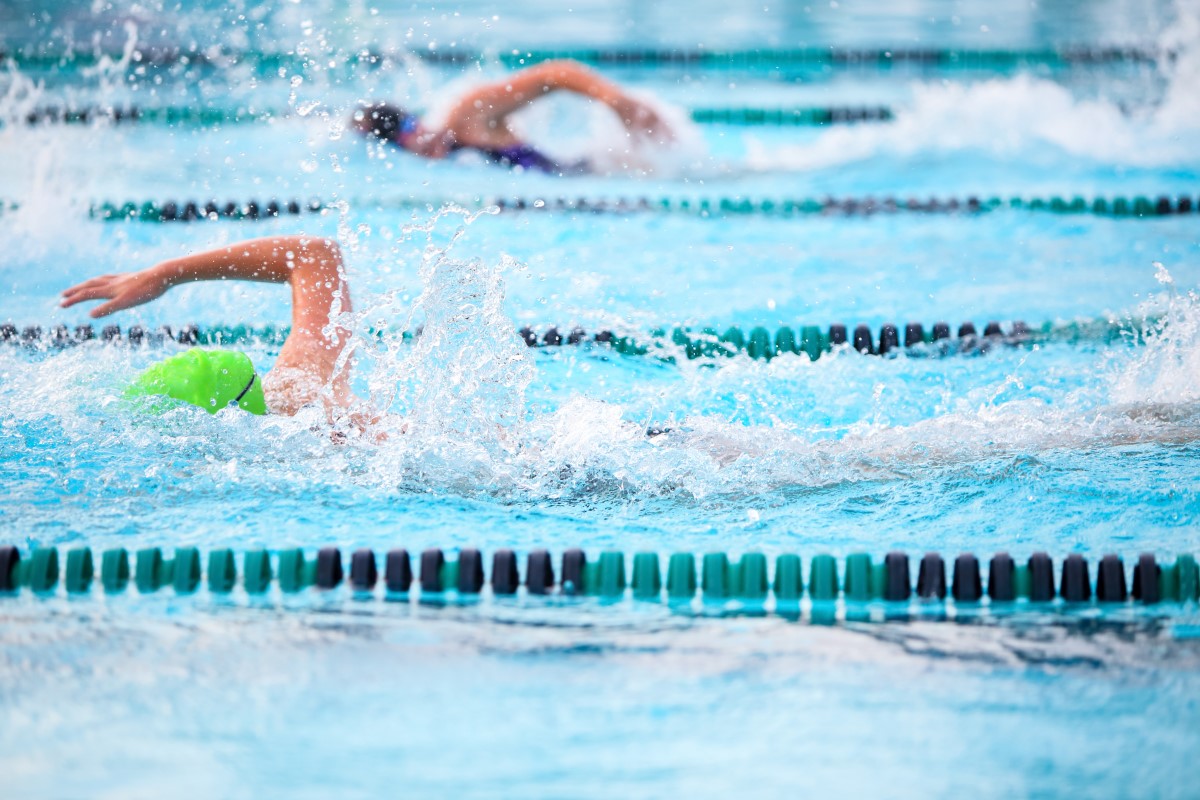
Finding a swim instructor for special needs children and adults can be a long process. Finding one who is experienced enough is the biggest challenge. You should choose someone who will fit all of your needs and is passionate about helping your children achieve their swimming goals. We have come up with a list of things to keep in mind when choosing an instructor for you or your child.
First, let’s distinguish the difference between a certified swim instructor and a certified lifeguard. Both are helpful. However, it depends on what you are looking for. Lifeguards undergo intense training to learn how to recuse and perform medical assistance that a drowning victim can endure. They are trained for surveillance and rescue. Most of them are not certified to teach swimming lessons. Although some do get their teaching certification.
1) Certifications & Requirements
Finding a properly certified instructor is the first step of finding a swim instructor. Your child’s swim teacher should have the following:
- CPR certification
- First Aid certification
- Formal swim instructor training/certification
- Experience working with people with special needs including autism, cerebral palsy, down syndrome, etc.
Why are these important? Let’s talk about it. The certifications and requirements listed above are essential. This ensures your swim teacher will know how to handle emergencies. Additionally, instructors who have worked with those with special needs are much more approachable. These individuals will be patient, compassionate and capable of adapting to the student’s needs.
2) Formal Experience
Choose a swim instructor with over 2 years of formal teaching experience. This is supplementary to your swim teacher having the proper certifications. Formal training is a key part of your learning progression and safety.
Former competitive swimmers are not always the best teachers. Despite having years of experience, they might not be as helpful and patient as a teacher with formal training. Certified instructors are experienced in teaching children with various learning styles, skill levels and special needs.
For children with special needs, you should find an instructor who caters to the child’s abilities. Instructors who have experience with teaching children with special needs will:
- Use direct and clear instructions during lessons to help children understand what to do
- Be consistent with repetitive skill practice to enhance student progression
- Introduce new concepts slowly to ease them into the environment
- Allow children to have free time in the water (that is supervised by them) to try out their new skills and explore
Swim instructors should be patient and helpful while working with special needs children. Giving clear instructions and letting them learn at their own pace is essential to their success. Once one skill is mastered, move on to the next one. They should also be flexible by giving children time to explore the water and gain independence.
3) Swim Instructor Insurance
This is one thing that you should never skip out on when it comes to choosing a swim instructor. Make sure your swim instructor is insured before starting swim lessons. If uninsured instructor means you would be liable if an accident happens.
4) Personality & Expertise
Be aware of your child’s skill level, learning and goals they want to accomplish before starting swimming lessons. This helps instructors design customized lesson plans to fit your child’s skill level and goals. Always consider the instructor’s personality type relative to your child’s needs. An instructor who expresses these traits may be best for your child:
- Calm and patient
- Creative planner
- Supportive and understanding
The right instructor will help your child learn to love the water, They will inspire excitement and desire to participate in lessons. Plus they will be even more confident!




